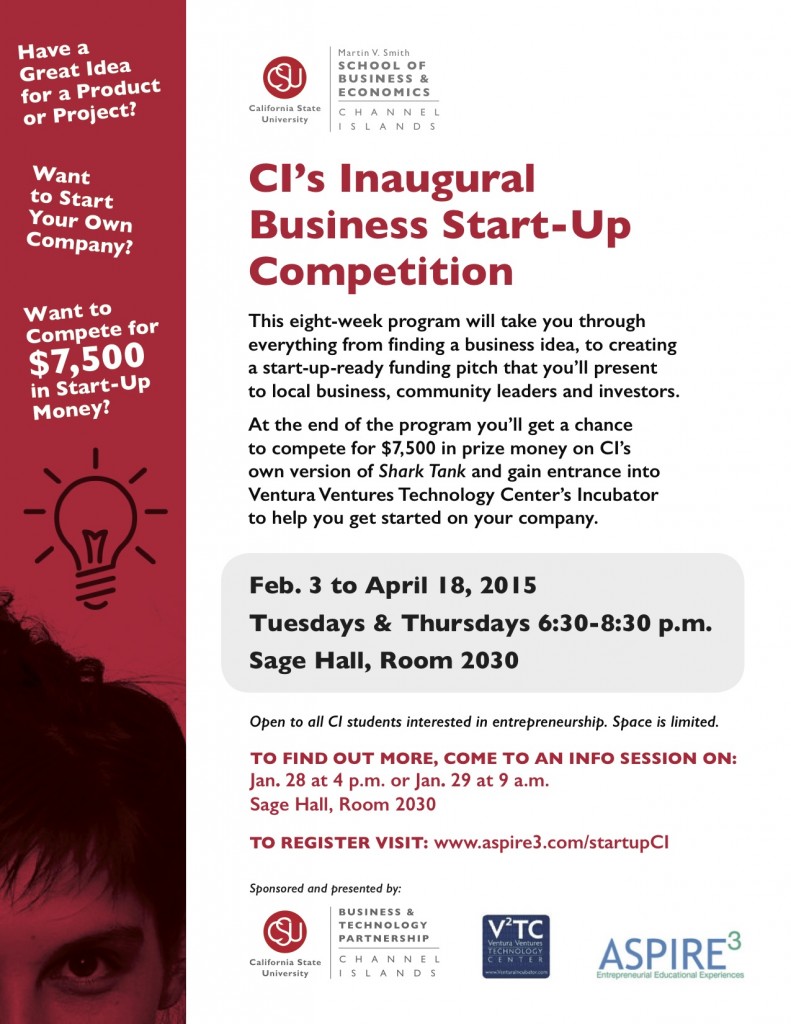GenRocket, based in Ojai, CA, is looking for two Computer Science Interns to work on a paid project. GenRocket is a platform for test data generation and software testing that is in the process of transforming how the industry tests software applications.
This is an exciting opportunity to work with and learn about best practices in software development and testing from senior level engineers and from architects. You’ll have the opportunity to work on projects from the ground up learning industry standard skills that you can apply throughout your career.
And you’ll become one of the first engineers in the industry to become “GenRocket Certified”.
The Project:
Interns will be helping to implement a custom built online store.
The online store will rely heavily on Web services. The Web services will allow the front-end and back-end of the application to be implemented independent of each other since all communication between the two tiers will be over web services.
The Web services and back-end tier will be implemented in the modern and cool Groovy language using the Grails platform.
The front-end tier will be implemented in EmberJS, a front-end Javascript framework.
As the application is being developed and implemented it will also be fully tested using the GenRocket test data generation platform and using GenRocket testing design patterns. This will allow the application to be fully tested end-to-end prior to going into production – something that is practically unheard of in our industry.
This will be a fun and aggressive project as the online store needs to be completed in 90 days.
Intern Benefits:
Interns get to learn and hone their skills in the following areas.
- Groovy Scripting language
- Grails Framework
- EmberJS, a front-end Javascript framework
- Back-end service tire implementation
- MySQL Database Server
- Web services implementation
- GenRocket test data generation platform and testing design patterns
- Fast paced, startup like implementation of a custom designed online store that you will actually see in production and get to show your friends.
Intern Technical Skills Requirements:
Interns need to have the following technical skills:
- Basic understanding of one or more Object Oriented Programming languages like Java.
- Must understand basic Object Oriented Programming design patterns
- Basic understanding of one or more scripting languages like Groovy, Python, or Ruby.
- Experience with a Model View Controller based web application framework like Grails or Rails.
- Basic understanding of relational databases and SQL
- Basic understanding of both XML and JSON
- Basic understanding of Unit Testing including Integration, Functional, and Load Testing ***
- Basic understanding of front-end technologies like HTML, CSS, and Javascript
- Basic understanding of Version Control
A working knowledge of the following is preferred but not required:
- Groovy / Grails
- Unix based Operating Systems (Linux, OSX)
- MySQL
- Git / Github
And any of the following skills would be a plus:
- Emberjs or a similar Javascript MVC framework
- Experience working with RESTful Webservices both in writing API’s and consuming
*** Note: the Intern will be required to fully test all written code using the GenRocket Platform.
If interested, contact: Garth Rose, email: garth@genrocket.com








